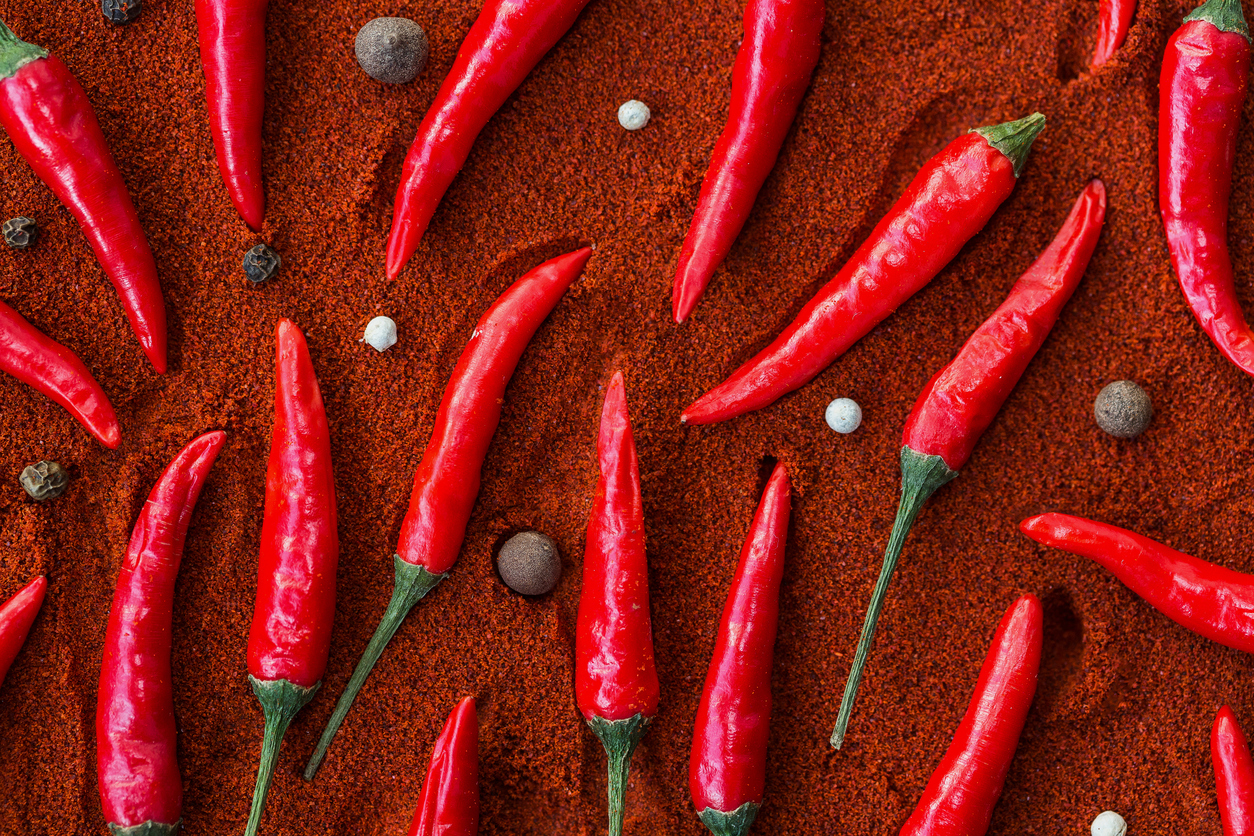If you suffer from GERD you’ve probably heard the term used interchangeably with acid reflux and even heartburn. In fact, these terms are swapped around so often you’d be forgiven for thinking they’re all the same thing. But there are key differences between the real definition of each and that’s where we’re going to start.
When you experience a backward flow of acid up your esophagus this is what you call acid reflux. This issue can vary in severity and when it becomes chronic it is recognized as something called GERD, which stands for Gastroesophageal Reflux Disease. One of the most common symptoms of acid reflux and GERD is heartburn. It is the burning sensation you get in your chest and throat due to irritation of the esophageal lining due to the acid damage caused by the reflux. Still with me? Great!
So, since acid reflux and GERD are so similar and vary only in severity, the dietary approach you take to managing both conditions will be pretty much the same. The only real difference is that you won’t have as much wiggle room on your food choices with GERD as you do with acid reflux as the severity of your symptoms will prevent you from doing so. In that same regard, though, if your acid reflux hasn’t got “that” bad yet, it’s best to take a preventive approach now, rather than doing damage control later if you develop full-blown GERD.
GERD Hacking Your Diet
The thing about adjusting your diet to manage your GERD is that everyone is different. No two people have the exact same digestive system, so the foods that trigger your symptoms might be fine for someone else and vice versa. For this reason, some of your dietary management will come down to trial and error. However there are a few very common trigger foods and you can use them as a baseline to start from when you’re trying to optimize your diet for better gut health. Portion size and meal timing can also have a significant effect on the severity of your symptoms.
There are 3 main reasons why some foods trigger your GERD:
- They cause the LES (lower esophageal sphincter muscle) to relax and loosen, letting acid seep through
- They increase acidity in the stomach
- They cause further irritation to damaged gastrointestinal linings
When your LES is the issue, the food that you need to avoid includes greasy foods, fried foods, and fatty foods – especially red meat, creamy sauces, dairy items, chocolate, and caffeinated drinks. Chocolate is, in fact, one of the prime offenders because of its equally high fat and caffeine content. Other foods increase symptoms such as heartburn and bloating by stimulating acid production. These include carbonated beverages, spicy foods, alcohol, citrus fruits and juices, onions, and tomatoes/tomato-based foods.
The good news is that there are excellent substitutes for most of these trigger foods. For example, you can opt for lean meat, fish, or tofu instead of fatty foods, fried foods, or high fat dairy products that can be replaced with the low fat/reduced fat variety or even non-dairy options such as nut milk.
On the alcohol front, it’s all about moderation. A good idea is to dilute alcoholic drinks with soda or water and limit yourself to two mixed drinks or three beers at a time. If you’re a bit of a wine connoisseur, try to stick to white wine instead of going for a bottle of red and try to keep it to a glass or two instead of a bottle (or two)!
It’s Not Just What You Eat, It’s How You Eat
How and when you eat is just as important as what you eat. If you suffer from GERD one of the best things you can do to keep it under control is to eat smaller, more frequent meals and take your time to eat. Taking smaller bites and chewing your food properly will mean you’re less likely to cause irritation in your digestive tract. Another super important tip is to ensure you don’t lie down straight after a meal; this makes it easy for your stomach contents to sneak back up your esophagus when it should be going in the other direction.
You’ve probably been advised more than a few times not to eat late at night, and this is why. Staying upright for a few hours after eating will make sure your digestive system can do its job without interference and you’ll be less likely to trigger your reflux.
If you’re wondering about the severity of your symptoms, you can take this two minute quiz to learn more.
Making significant dietary changes can be a bit overwhelming, but it’s one of the best ways to get your GERD under control and the best part is that what you eat is entirely in your control!



